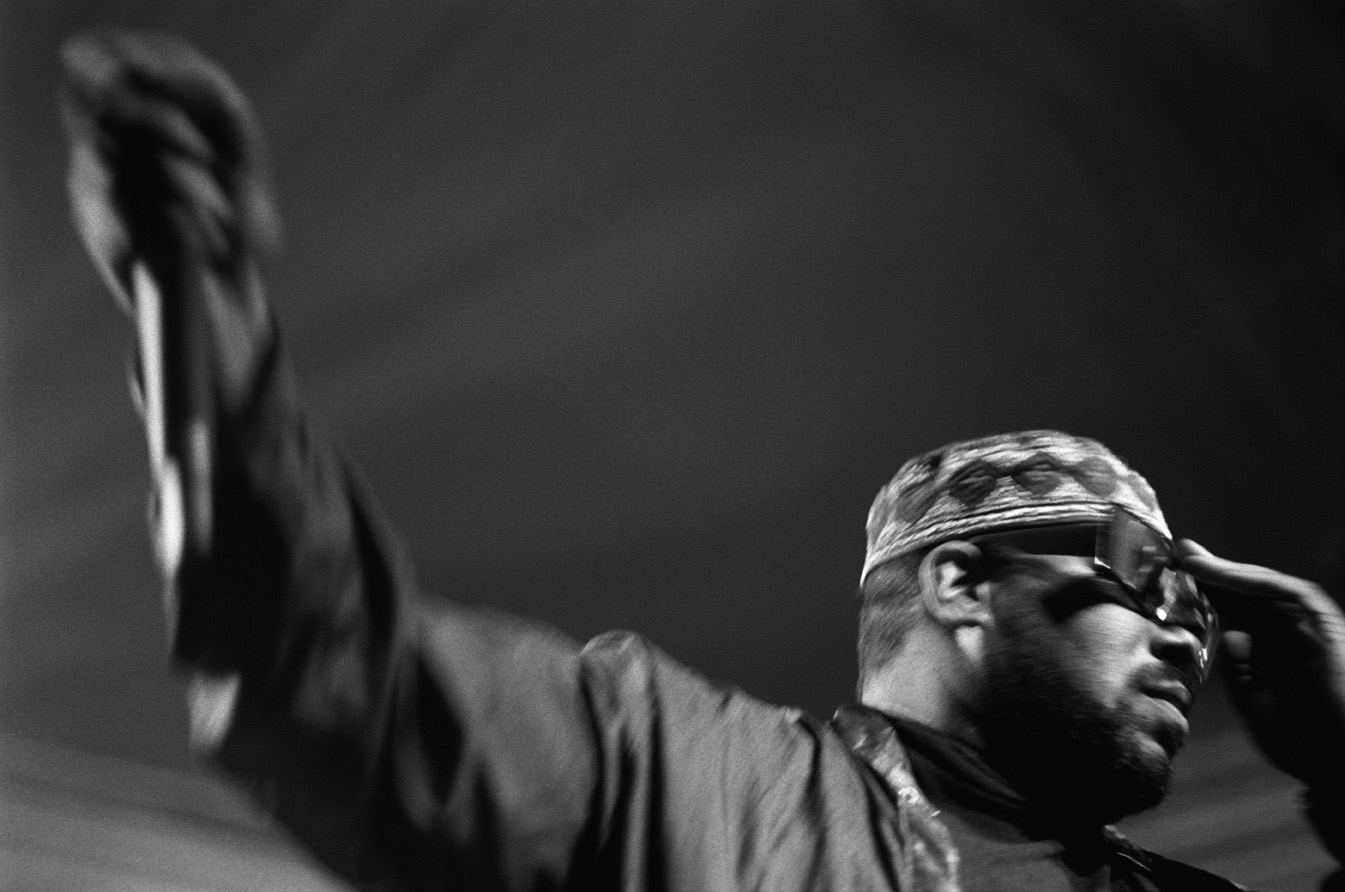
For the past week, I’ve had one or two people come to me in
search of dialogue regarding Afrika Bambattaa and the recent
allegations made against him by Ronald Savage of sexual abuse.
One friend sent me a link to a story via Twitter. They followed up
with a question asking if they needed to get rid of their “Planet Rock”
vinyl record. Another person simply asked why there weren’t
more people talking about this.
The answers to both those questions, like the situation, is
highly complicated.
For those that haven’t kept up with the ongoing story, former
Democratic Party activist and author Savage spoke with the
veteran radio host Star on a podcast and revealed that he’d
been struggling with years of emotional damage - damage that
came as a result of being molested as a teen on five occasions
by Bambattaa around 1980. It was more painful to Savage since
he viewed the pioneer as a neighborhood father figure and refuge
from the streets. In the time since the story was covered last
Sunday, the New York Daily News has published another piece in
which three other men have come forward with similar claims.
The Universal Zulu Nation have issued vehement denials of the
initial charges by Savage in a full statement via All Hip-Hop. Afrika
Bambatta himself made a public statement to Rolling Stone, denying
the allegations as “a cowardly attempt to tarnish my reputation and
legacy in hip-hop at this time.”
Afrika Bambattaa is credited with being the godfather of hip-hop
culture, and rightly so. His contributions as a DJ, and as the
founder of the Universal Zulu Nation to the American and global
culture are undisputed. A brother from the South Bronx making
such an impact during a time when many left the borough for
dead was, and still is inspirational. Bambattaa is an idol to many,
including myself. But when situations like this arise, you find
yourself having to wrangle with the fact once again that those
that have been lifted up onto pedastals may be pulled down or
may come crashing down due to their own flaws and decisions.
Even as I was working on the initial draft of this article, I found
myself really conflicted as to whether to speak on it. But I - and
we - as a community, have to have this on the table. We cannot
sit and ignore the situation, no matter the opinions that may be
on either side.
There are going to be folks who feel that even the continued
mention of this situation will feed into an overreaching government
conspiracy to take down Afrika Bambattaa. They feel he is being
threatened, and as a result they are being threatened. But he,
and the Universal Zulu Nation have issued statements and are
still doing their thing. Savage, for his part, states that he has spoken
out as a way to support two bills currently in debate by New York State
lawmakers: one that would remove a 90-day claim window that is the
precursor to suing a government or public entity and the Child Victim
Act which would eradicate the statute of limitations in sexual abuse
cases and give older victims a one-year window to pursue litigation.
One of the other recent accusers, Hassan Campbell, acknowledged
that he has met with Zulu Nation members and Bambattaa himself
to address his own claims of abuse in the past.
Another reason to discuss this situation at length, and frankly, with
each other is this: we live in an era where the court of public opinion
can and has proven to be as flawed as the current system of legal
courts has been in this country. We find ourselves in lengthy Twitter
back-and-forths and Facebook debates, not to mention the dank
ugliness that lies in the comments of articles and forums. The question
then becomes, how do I look at and interpret the situation to form my
own opinon based on what I feel is right? I think there’s the reluctance
to be caught up in those battles online that prevent folks from speaking
on this in a rational manner with each other, along with dealing with
those who put their ego above their point. There’s also the idea of the
fact that it’s men making these claims, which brings up rap music’s
problems with addressing and dealing with homophobia(i.e. Mister Cee),
not to mention how it has created a misogynistic environment that has
been accepted as par for the course in rap music. Not wanting to hear
out Savage and examine the whole situation before making a judgement
is adding to what the harmful effects of power are: eliminating the narrative
that would compete -or not- on its own merit with the narrative of the power
structure in place. I do also think that it isn’t out of the realm to want
to hear more from Bam and the Zulu Nation regarding this.
I often say at times, “Your faves are always going to be problematic. It’s
up to you how much you can deal with from them, if you’re willing to do
so at all.” This situation is no different. The allegations against Afrika
Bambattaa are serious, and have to be viewed as such. I do feel that there’s
always more merit to a situation being discussed and confronted, no
matter how ugly it has the potential to be or how uncomfortable it makes
us. Because in that way, the truth will make itself heard one way or the other.